6 Things You Should NOT Clean with Vinegar
Posted on 21/08/2015
Household Items You Should Never Clean with Vinegar
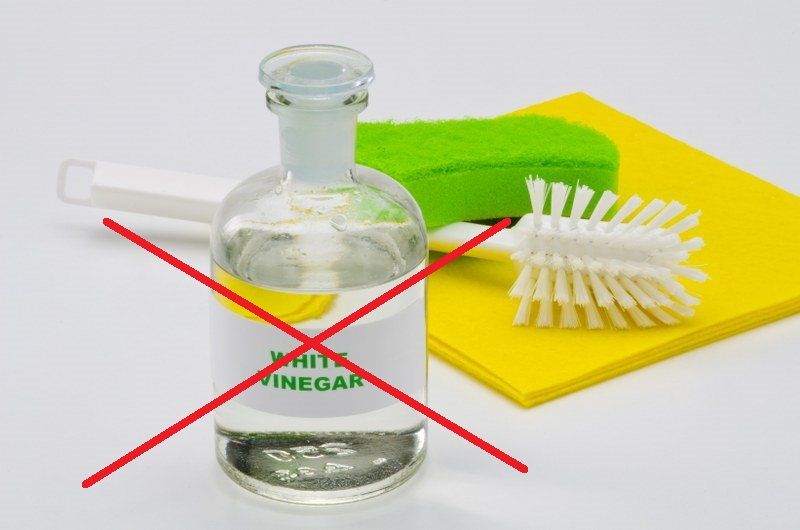
All who have ever looked up eco-friendly cleaners undoubtedly know that vinegar is among the most praised and well-known solutions. It is truly amazing how many uses this champion of the all-purpose cleaners has – from removing bathroom spoils such as soap scum to sanitising your kitchen inventory.
While it is true that vinegar makes a great addition to any cleaning arsenal, it is also a fact that it is not some all-powerful ingredient that you automatically include in your routine. Like most other cleaning solutions, it is a tool that should be carefully used. There are certain situations and tasks in your home cleaning list that you have to handle without vinegar. This is not only because it cannot do a good job, but also because it may in fact cause damage. Vinegar is acidic, which is something you must keep in mind. People sometimes overlook this fact. Here are few cases where you need to exclude vinegar from the equation:
- Stone tiles - if you have a stone tile floor in your bathroom or kitchen, you must never use vinegar as cleaner. This is because the acid ingredient can in fact cause damage to natural stone. Additional cleaning solutions you should avoid also include lemon and ammonia.
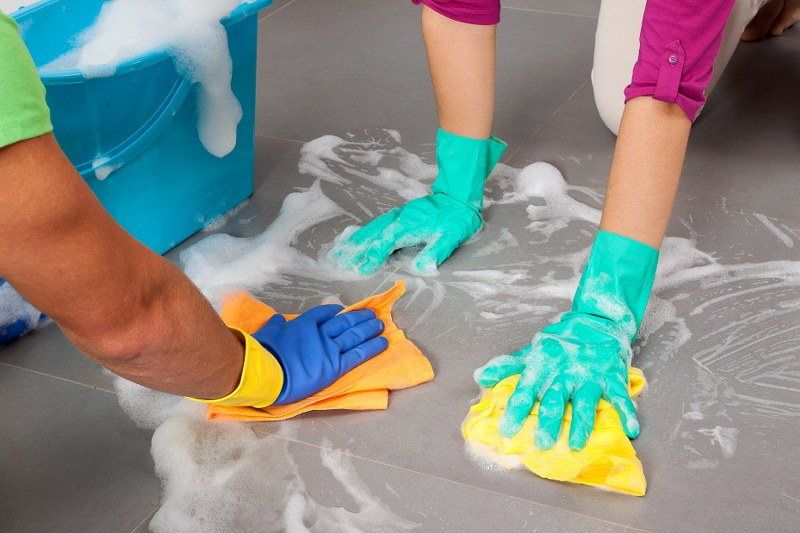
- Marble and granite countertops - as you clean with vinegar in the kitchen, you might be tempted to use it on your granite countertops. That would be a mistake. According to many cleaning experts, vinegar can cause the stone to corrode and pit, which is the last thing you want.
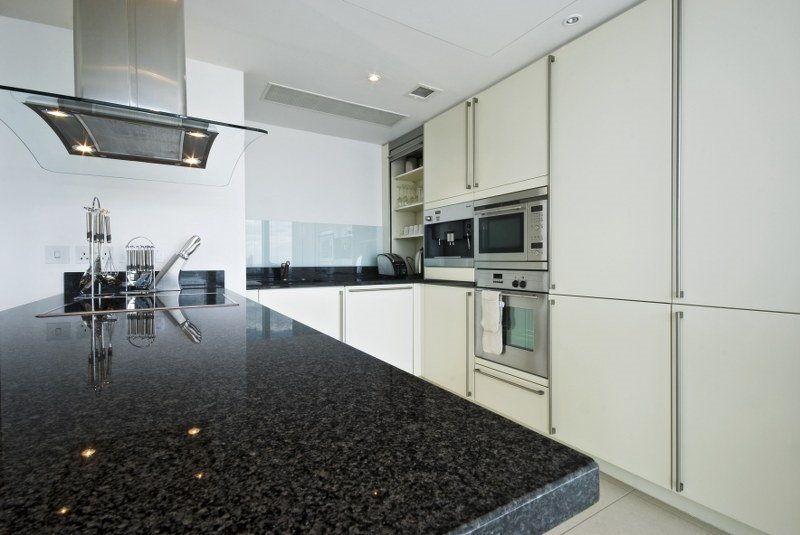
- Egg stains - often times in the kitchen, while cooking, you may have an accident with eggs. If you have been using vinegar for some time in your cleaning, it might be tempting to reach for the spray bottle and apply some part of your trusty solution. It would be a big mistake. The acidity in the solution will cause the protein in the egg to coagulate, which in turn means that it will become even harder to clean up.
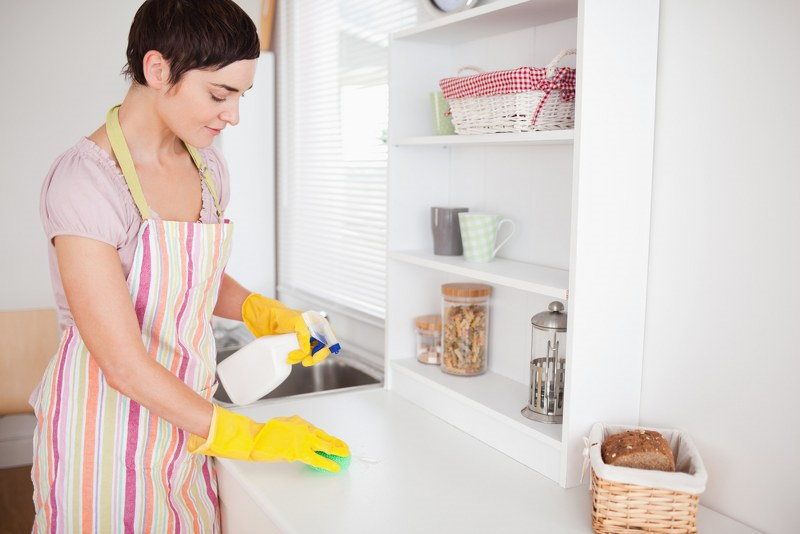
- Iron - the reactive surfaces of cast iron and aluminium should never be cleaned with vinegar. The solution can in fact damage such materials, which is why you should avoid using it to clean them. What you can use vinegar on is stainless steel cookware. Enamelled pots and other such can also be cleaned with vinegar.
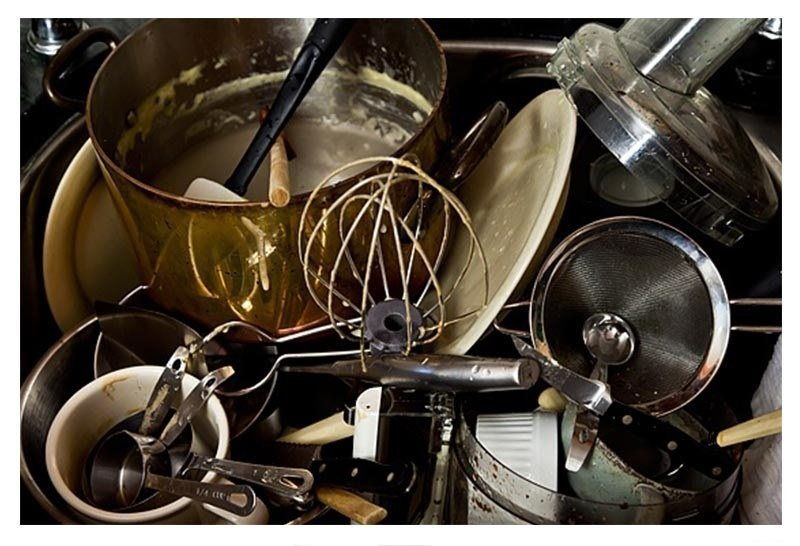
- Hardwood floors - there is some debate as to whether or not vinegar should be used on hardwood floors. Some suggest that vinegar solutions actually do make good hardwood cleaners. However, there is another theory that points towards the chance of vinegar damaging the finish on hardwood floors. Because of this uncertainty, you will do best to resort to specially designed hardwood cleaners. If you still want to see if vinegar works, you should dilute it with water first. Test the solution on an inconspicuous spot first, before you jump into further floor cleaning.

- Certain stains - as much as it can help you, vinegar can prove helpless against grass, blood and ink. The problem with such stains is that they set in quickly and normally do not respond to the acid component of vinegar. What you can use instead is a proper stain remover. Having the right technique is very important, as rubbing the stain will only cause it to spread. Blotting is the right method you should be aware of, when it comes to carpet cleaning and stains.
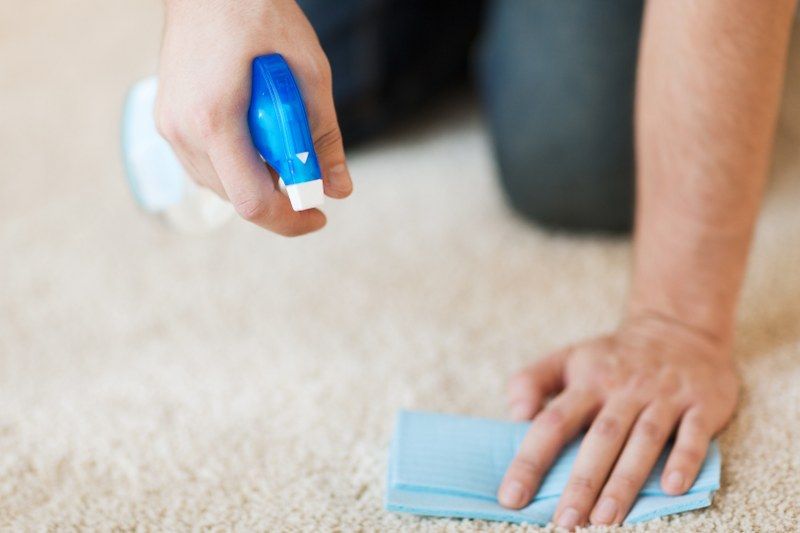
Cleaning with vinegar is certainly a good idea, but you have to keep in mind the risks. Be cautious in these six situations and you will have no problem.
Latest Posts
How a Clean Home Refreshes Your Mental State
Green Cleaning Hacks for a Sparkling and Sustainable Space
Discover the Best Home Remedies for Tackling Stubborn Grease Stains




